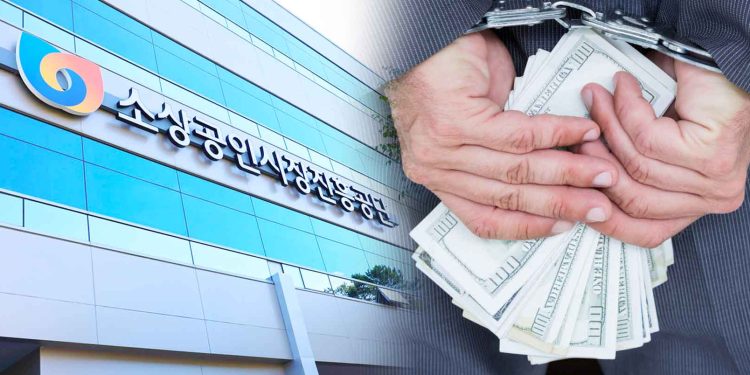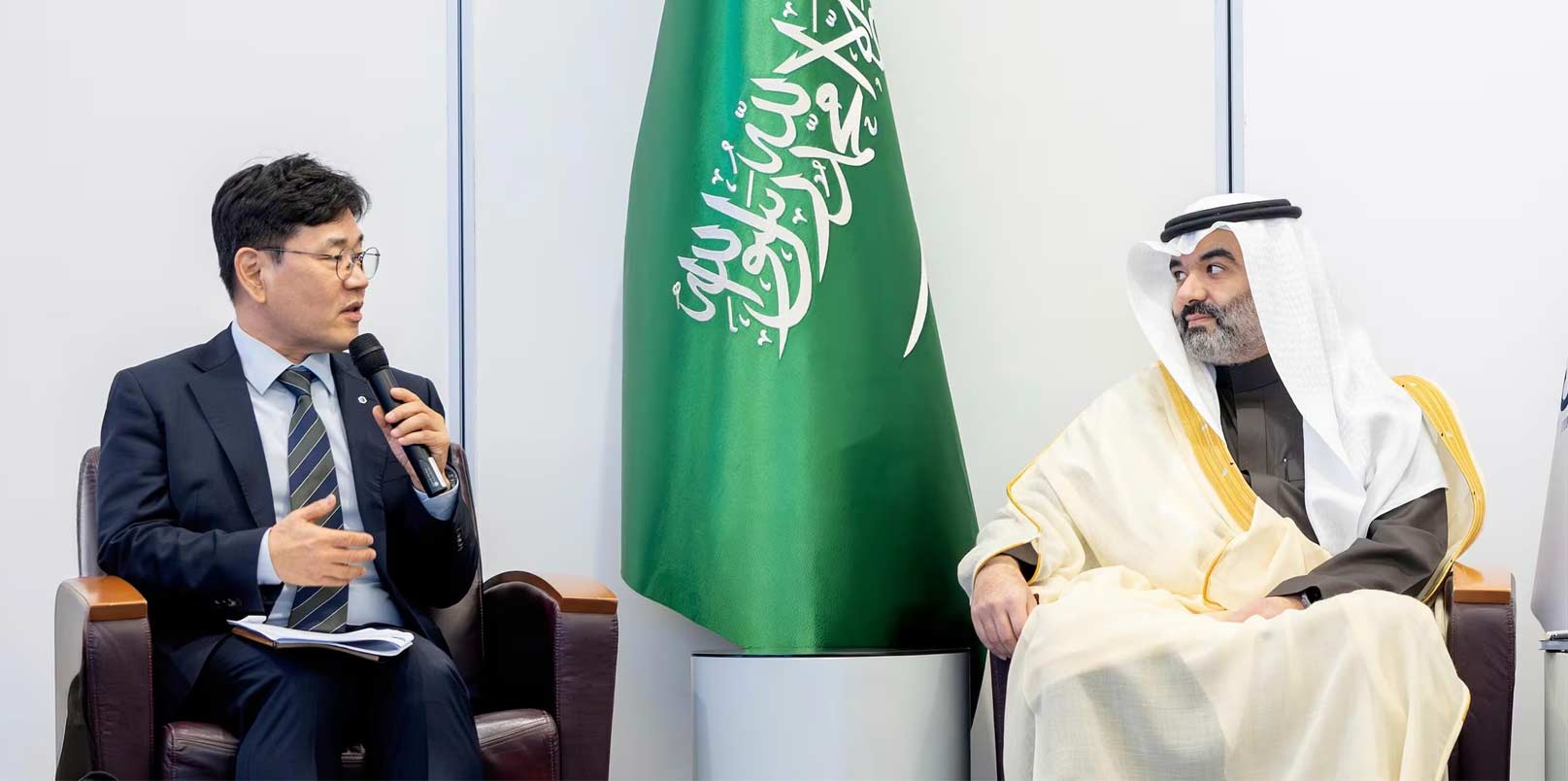South Korea’s SME policy ecosystem is facing a critical test of credibility. A series of fund misuse cases within key government-affiliated agencies have exposed SME governance gaps that go beyond individual misconduct. And so, these incidents turn into highlights why transparent oversight and ethical accountability are now crucial pillars of Korea’s innovation-driven economy.
Public Fund Misuse by SME Agency Employees Raises Accountability Questions
South Korea’s small-business policy framework is facing renewed scrutiny following multiple incidents of fund misuse within agencies under the Ministry of SMEs and Startups (MSS).
Recent parliamentary findings revealed that employees at key public institutions — including the Small Enterprise and Market Service (SEMAS) and the Korea SMEs and Startups Agency (KOSME) — diverted government-backed funds intended for small business support into personal gain.
The revelations have intensified debate over governance, internal controls, and accountability across the SME policy ecosystem — a critical pillar of Korea’s industrial and startup development agenda.
Findings from Parliament Reveal Policy Fund Misuse
According to data reports by Representative Heo Jong-sik of the National Assembly’s Industry, Trade, and SMEs Committee, a SEMAS employee responsible for direct loan operations (Mr. A) issued a total of KRW 120 million (USD ~87,000) in policy loans to a business operated by his father between July 2020 and January 2024, without reporting a conflict of interest.
Investigations showed that Mr. A falsified business records by making it appear that two companies owned by his father had merged. He also fabricated and canceled tax invoices to deceive the system, submitting voided documents as legitimate sales evidence to secure loan approvals.
The funds, originally approved for smart-factory equipment upgrades, were instead used to launch a franchise café business. Including additional loans, the total borrowed amount reached KRW 156 million, which has since become non-performing debt sold to the government’s New Start Fund.
SEMAS filed charges of embezzlement, fraud, and tax law violations against the employee and requested his dismissal. His supervisor received an official warning for failing to properly review the loan reports.
Additional Incidents Highlight Systemic Control Failures
The SEMAS case follows an earlier scandal at KOSME, where an employee in charge of advertising and promotion (Mr. B) embezzled KRW 2.97 billion (USD ~2.2 million) over six years by channeling ad contracts to a private company he secretly established. The Board of Audit and Inspection found that chronic understaffing and repeated assignment of the same employee to a single post for decades created blind spots in oversight.
Separately, Korea Public Home Shopping, another MSS-affiliated institution, faced internal complaints after an acting director allegedly played golf with business partners during an official trip to Jeju for a government-sponsored SME event. Although the company denied any wrongdoing, citing private leave, the lack of transparent verification raised concerns about ethical standards and perception of privilege within public-sector operations.
Calls for Comprehensive Reform of Oversight and Conflict Management
Lawmakers have urged the MSS and its affiliated agencies to conduct a full review of internal audit mechanisms, conflict-of-interest reporting systems, and personnel rotations to prevent long-term complacency.
Rep. Heo Jong-sik criticized the misuse of taxpayer-backed policy funds, stating,
“Money meant to save small business owners struggling for survival during economic crises has instead been abused for personal gain. These are not isolated cases — they reflect structural flaws in the nation’s SME policy governance.”
Officials at SEMAS stated that the employee involved has been suspended pending the final investigation and that staff training, monitoring, and periodic audits have been reinforced.
Broader Implications for Korea’s Startup and SME Policy Integrity
The incidents strike at the core of Korea’s SME innovation and financing ecosystem, which relies heavily on public trust, transparency, and coordinated policy execution between ministries and support agencies.
The MSS oversees over a dozen key programs, from the SMEs and Startups’ Restart Policies to Venture Investment initiatives, that supported their Third Venture Boom mission. But all these initiatives depend on efficient governance and credible fund management.
Repeated governance lapses risk undermining the credibility of these programs, both domestically and internationally, at a time when Korea seeks to position itself as a global top four powerhouses for innovation and startup collaboration.
To restore trust, experts argue for systemic reform, including unified auditing across all MSS-affiliated agencies, digital tracking of policy fund flows, and stronger whistleblower protections within public institutions.
Rebuilding Trust in Korea’s Innovation Governance
As Korea continues its national drive toward AI-led industrial transformation and SME digitalization, transparent policy management will be vital for sustaining both domestic entrepreneurship and foreign investor confidence.
The recent cases underscore a crucial inflection point: governance in the startup and SME ecosystem must evolve as rapidly as the innovation it aims to support. Strengthening oversight and ethical accountability will determine whether Korea’s public innovation policy remains a global model — or a cautionary tale in governance reform.
🤝 Looking to connect with verified Korean companies building globally?
Explore curated company profiles and request direct introductions through beSUCCESS Connect.
– Stay Ahead in Korea’s Startup Scene –
Get real-time insights, funding updates, and policy shifts shaping Korea’s innovation ecosystem.
➡️ Follow KoreaTechDesk on LinkedIn, X (Twitter), Threads, Bluesky, Telegram, Facebook, and WhatsApp Channel.






